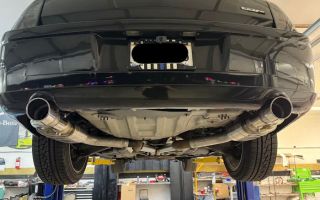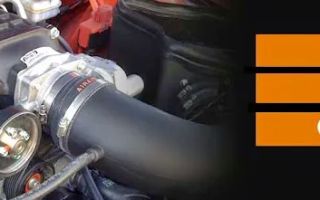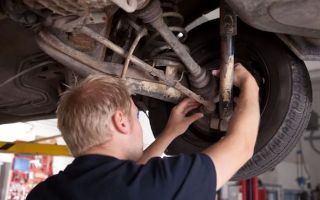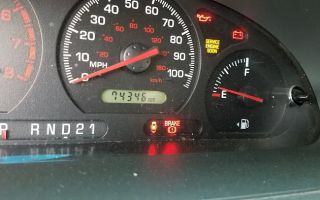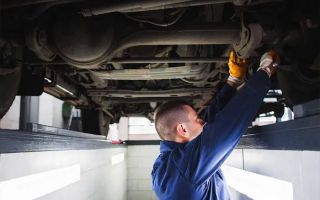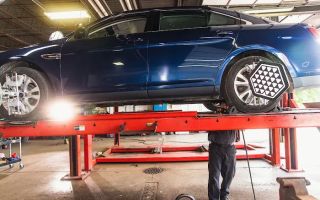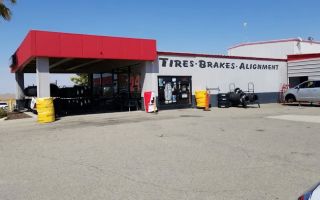How to Fix a Car Overheating Issue – A Step-by-Step Guide
If you've ever been driving on a hot day, only to see the temperature gauge on your dashboard suddenly spike into the red zone, you know the panic that comes with a car overheating. Overheating can be a serious issue that can lead to costly engine repairs if not addressed quickly. Having experienced this myself, I learned the importance of quickly diagnosing and fixing a car overheating issue. In this guide, I'll share my experience, what I learned, and provide you with steps to fix an overheating car on your own.
1. Understanding the Common Causes of Overheating
Before I get into how to fix the problem, it's essential to understand why a car overheats in the first place. There are several common causes, and knowing them can help you identify the issue quickly, possibly before it gets worse.
1.1 Low Coolant Levels
One of the most common reasons for a car overheating is low coolant levels. Coolant, or antifreeze, is essential for regulating your engine's temperature. If the coolant level is too low, the engine can overheat because it doesn't have enough fluid to absorb and dissipate heat. I remember when my car overheated, it was due to a simple coolant leak that I hadn't noticed before.
1.2 Broken Thermostat
The thermostat controls the flow of coolant to your engine. If it becomes stuck in the closed position, it can prevent the coolant from circulating properly, causing your engine to overheat. I once had to replace a thermostat after noticing my engine was heating up rapidly while driving on the highway.
1.3 Radiator Problems
The radiator plays a crucial role in cooling the engine, but if it's clogged, leaking, or has damaged fins, it can cause overheating. I once had to flush my radiator when I noticed it wasn’t cooling effectively, leading to the overheating issue.
1.4 Water Pump Failure
The water pump helps circulate coolant throughout the engine. If it fails, coolant can’t flow, and the engine will overheat. In my case, when my water pump failed, I didn’t realize how vital it was until the car started making a strange noise and overheating shortly after starting it.
2. Step-by-Step Guide to Fixing an Overheating Car
If your car is overheating, here's a step-by-step guide on what you can do to fix the issue yourself or prevent further damage. If you're not comfortable performing these steps, I highly recommend seeking a professional mechanic’s assistance.
2.1 Stop the Car and Let It Cool Down
As soon as you notice your car is overheating, pull over to a safe spot and turn off the engine. Let the car cool down for at least 30 minutes before attempting any repairs. Opening the hood will help cool things down faster, but be careful—don't open the radiator cap while the engine is hot, as the steam can burn you.
2.2 Check Coolant Levels
Once the car has cooled, check the coolant level. Most cars have a coolant reservoir near the engine compartment. If it's low, you may need to add coolant to bring it back to the proper level. Always use the type of coolant recommended in your car's manual. I remember one instance where topping off the coolant solved my overheating issue entirely!
2.3 Inspect for Leaks
After refilling the coolant, it's important to check for leaks. Look around the radiator hoses, the coolant reservoir, and the engine bay for any signs of fluid leakage. If you find a leak, you’ll need to repair or replace the affected parts. A cracked radiator hose can lead to coolant loss, which could easily cause an overheating problem again.
2.4 Check the Thermostat
If the coolant level is fine, but the car is still overheating, the thermostat might be the issue. To test the thermostat, you’ll need to remove it and check if it opens and closes at the right temperature. If it’s stuck, you’ll need to replace it. I once faced this issue, and after replacing the thermostat, my car stopped overheating altogether.
2.5 Examine the Radiator
Inspect the radiator for any damage or signs of clogging. If it looks dirty or you suspect it's not functioning properly, it might need a cleaning or replacement. I recommend flushing the radiator every couple of years to prevent debris buildup. If you notice leaks, cracks, or extensive damage, you’ll need to have the radiator replaced.
2.6 Inspect the Water Pump
If everything else checks out but the car is still overheating, you may need to inspect the water pump. Signs of a malfunctioning water pump include strange noises, leaks, or coolant flow issues. If your water pump is faulty, replacing it will solve the problem. I personally had to replace my water pump once, and it restored the car's cooling system to its normal operation.
3. When to Call a Professional Mechanic
Sometimes, car overheating issues can be more complicated and require professional help. If you're unable to identify the cause of the overheating or if you’re not comfortable doing repairs yourself, don’t hesitate to call a mechanic. Overheating can lead to severe engine damage, so it's always better to be safe than sorry.
3.1 Warning Signs That Professional Help is Needed
Look for these warning signs that indicate it might be time to call a professional mechanic:
- The car continues to overheat even after refilling coolant and fixing minor issues.
- There’s a significant coolant leak that you cannot find or repair yourself.
- The engine shows signs of serious damage (smoke, knocking sounds, etc.).
In these cases, it's essential to have a professional mechanic take a look to prevent further damage to your engine.
4. Preventing Future Overheating Issues
After dealing with overheating once, I learned the importance of regular maintenance. To keep your car’s engine running smoothly, be sure to:
- Check the coolant levels regularly, especially before long trips.
- Inspect the radiator, thermostat, and water pump for any issues during your routine car checkups.
- Flush the cooling system as recommended in your car’s manual.
By keeping up with regular maintenance, you'll reduce the chances of your car overheating in the future.

